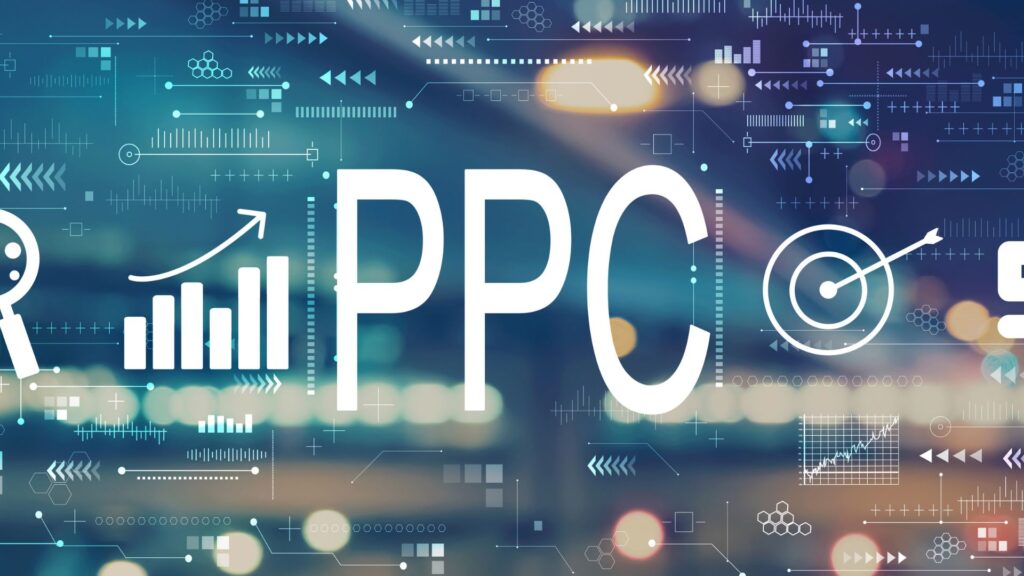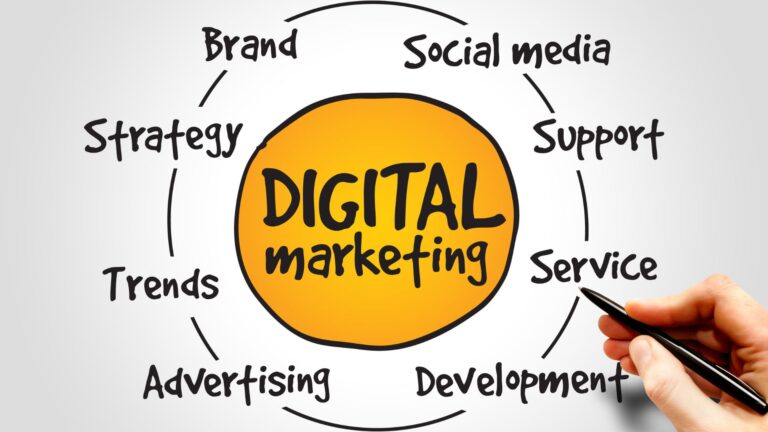
How Do Facebook Ads Work?
Read this blog to know how Facebook ads work and how you can effectively use them for your company to generate a crucial return on investment.

PPC management is one of the fastest ways to generate new customers with a positive ROI. The question is, what makes for a good PPC management strategy? You’ll learn exactly how to plan, execute and optimize your PPC strategy in this beginner’s guide. From goal setting to campaign structure and optimization, you’ll be up and running with profitable PPC campaigns in no time.
PPC management is the coordination of a company’s entire PPC ad strategy and budget. This can be done by an in-house team of marketers and media buyers or outsourced to an external agency.
A PPC Agency or expert will carry on the following tasks:
1. Keyword research:
Find out the keywords used by competitors by doing thorough research through various tools.
‘2. Paid Media Channels:
Select target channels that need to be pursued. This can include Google ads, Bing ads, social media advertising like Facebook and Instagram ads and also, and display advertising.
3. Competitive Analysis:
Check out the competition’s keywords and ad creative to see if they are targeting any gaps in the market that you can fill.
4. PPC Monitoring:
Assess each campaign and keyword for effectiveness, ensuring that PPC efforts are yielding a positive return on investment.
5. Split Testing:
Regular tests of your landing pages and ads, to see which ones work best.
6. Campaign optimization:
Monitoring and optimizing your campaign structure based on top-performing keywords. For example, if 10% of keywords bring in the majority of business, you may want to focus your budget on those keywords to boost ROI.
It may be more cost-effective to hire an agency to manage your PPC campaigns. An agency can help you avoid mistakes and make the most of your budget. Now that we’ve looked at what PPC management is, let’s take a look at how to do it effectively within these four key areas.
PPC management allows companies to set a budget for cost-per-click advertisements and increase their ROI. It can also help a company make sure its ads appear in the first few search engine results when people look for information about its products or services. When someone clicks on an ad, it takes them to the company’s website, where they can read about what it has to offer. This allows consumers to research products or services more efficiently, which may encourage them to make purchases.
The advantages of PPC Management are as follows:
1. Increase in engagement
An optimized PPC campaign can boost an organization to the top of search engine results, pulling in more potential customers who will view its merchandise and website content.
2. Cost-effectiveness
When using a pay-per-click (PPC) ad, a company pays money when a user clicks on a link in the search engine results page. If the number of people who click on this link increases, a company may receive more sales overall.
3. Better Control
Pay-per-click management provides companies with the ability to better control ad placement, keyword research, and budgeting procedures. Marketers can monitor ads by using a variety of different tools, including software that tracks sales made by customers who visit a company’s website through a PPC advertisement.
4. Better SEO
Pay-per-click (PPC) campaigns can complement search engine optimization (SEO), which involves increasing how often a website appears on a page of search engine results. Optimal site placements can help an organization increase its overall revenue.
Landing pages are created to provide users with key information about a company’s current products and services, including pricing information. A landing page can help you gauge the success of your PPC advertisements by allowing you to monitor customers who click on ads and determine how many of them go on to purchase merchandise. If a company has a subscription service, it may also be helpful to incorporate a button leading to a sign-up page on its landing page.
2. Goals
To help team members conduct tasks and allocate funds effectively, develop short-term and long-term objectives for a PPC campaign. The process can also help you determine a favorable workflow strategy that better aligns with an organization’s mission statement. It may be helpful to use numerical data to learn what types of goals a team can achieve, such as the total number of sales from one accounting period. Afterward, select a specific measurement tool to determine the success rate of your PPC advertisements.
3. Tracking Ad Spend
To determine whether an ad campaign’s return on investment (ROI) is optimal, track its daily expenses over time. Ensure that a company’s ads generate enough sales to match the amount of money a marketing team spends on paid-per-click (PPC) advertising. Use specialized software to track the campaign’s success, including whether certain keywords remain effective over time and how many sales a campaign generates overall. Monitor which ads rank high on search engines or social media websites.
4. Long-Term Campaigns
If you decide to develop an ongoing, long-term approach to your PPC campaign, you should create high-quality strategies and monitoring systems. You can better ensure your landing pages have a consistently high ranking on search engines by creating new advertisements and bidding on new keywords. For example, you might use split testing procedures on existing ads to learn whether including new information can boost a landing page’s overall performance.
The main responsibilities of a PPC campaign manager include analyzing and optimizing your PPC ads, using data to identify trends, and improving ads. Other responsibilities include creating a strategy for paid search, managing budgets, setting up ad groups and keywords, along with bidding strategies.
The PPC Manager is also responsible for implementing new strategies, researching and reporting on campaign performance, creating keyword and competitive analysis, and tracking Google updates. They also manage budgets so that campaigns align with company goals. The specialist is responsible for copy creation, channel targeting, and ensuring that the company’s content appears where it is most likely to be seen by its target audience.
Many businesses are able to manage their own PPC campaigns, but this usually requires a lot of trial and error and often leads to financial losses. Effective PPC campaigns require skill and strategy and therefore may be more successful when managed by a digital agency.
If you want to increase your e-commerce sales by targeting the right audience, you should identify the keywords that will resonate with your target audience; create an e-commerce ads campaign; segment your ads for better targeting; use remarketing; A/B test ads; advertise on a variety of channels, such as Facebook, Instagram, Twitter, and YouTube to reach new customers and widen the reach of your campaign; and use Google AdWords or Bing Ads for search engine optimization (SEO) purposes.

Read this blog to know how Facebook ads work and how you can effectively use them for your company to generate a crucial return on investment.

Read this blog to understand what digital analytics is, its benefits, and the marketing analytics that your business should pay attention to.

What is digital marketing exactly? Is it useful? Get all your answers in one place. Read this blog for a complete guide to digital marketing.
